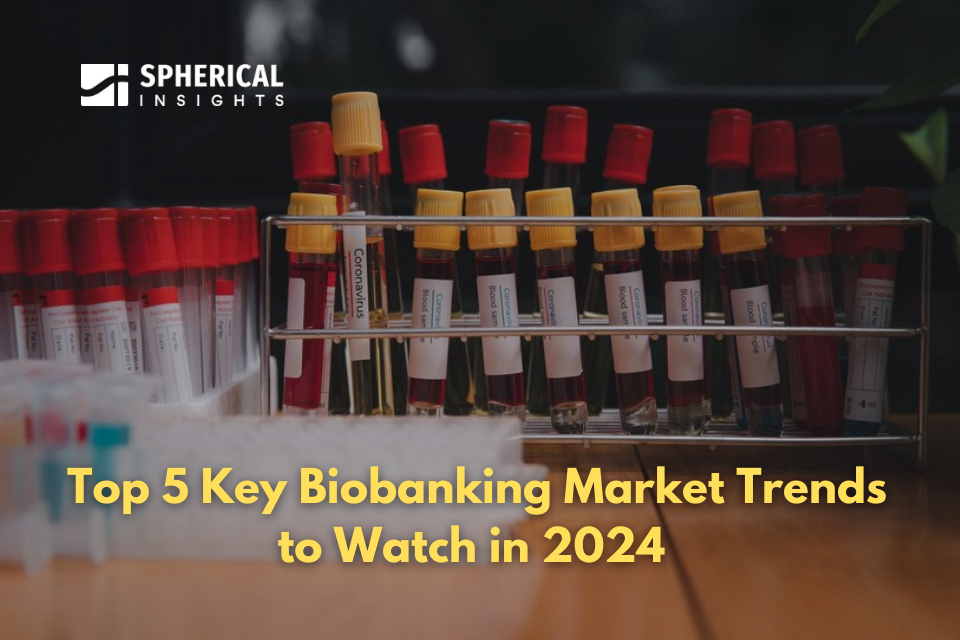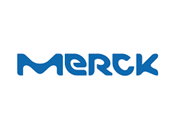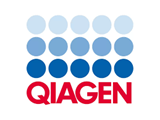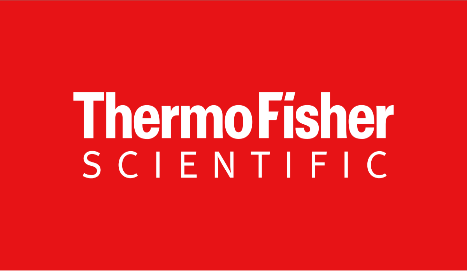Top 5 Key Biobanking Market Trends to Watch in 2024
RELEASE DATE: Nov 2024 Author: Spherical Insights Request Free Sample
What Is Biobanking?
The process of establishing diverse repositories for the gathering, storing, and sharing of human samples, including blood, plasma, serum, urine, tissues, cells, and more, is known as a biobank. Over the years, the biobanking industry has seen remarkable change and is currently expanding significantly. Traditional biobanks have been transformed into virtual biobanks through the combination of cutting-edge technology, data analytics, and automation, creating a market with revolutionary potential. Additionally, the market is expanding due in large part to rising drug development expenditures and the rising incidence of debilitating illnesses like cancer, respiratory conditions, Alzheimer's disease, and others.
Key Market Insights:
The Global Biobanking Market size was valued at USD 55.3 Billion in 2022 and is projected to be USD 97.5 Billion by 2032, exhibiting a CAGR of 5.8% during the forecast period 2022-2032. The top companies in the global Biobanking market include Merck KGaA, QIAGEN, Hamilton Company, Thermo Fisher Scientific Inc., Tecan Trading AG, BD, Taylor-Wharton, Lonza, STEMCELL Technologies, and Charles River Laboratories.
Emerging Trends in the Biobanking Industry
1. Introduction of virtual biobanking software to support market development
There has been a rapid evolution in this market in recent years. Right now, the main factor driving the market is the incorporation of cutting-edge technologies into the biobanking system. Virtual biobanking is currently transforming the biobanking system by reducing time constraints and facilitating seamless research. Through increased revenue generation, virtual biobanking has helped biobanks increase their market value and spur growth. Furthermore, a number of software companies are working on improving the biobanking system's usability and encouraging the adoption of virtual biobanking systems.
2. Growth in the market is expected by sustainable biobanking
A biobank's sustainability is essential to its continued operation and efficacy in the marketplace. Even with funding from government agencies, long-term funding uncertainty is a major issue nowadays. The financial, operational, and social aspects of the biobank must be balanced in order to attain higher sustainability. Improved biobank sustainability would result in more income being generated, which would drive the global biobanking industry. Biobanks and other industry participants are currently pursuing a number of approaches to achieve the sustainability objective. For instance, the Netherlands-based Biobanking and Bimolecular Resources Research Infrastructure (BBMRI) has published a series on sustainable biobanking that includes nine suggestions for biobanks to follow in order to attain sustainability. These include drafting a business plan, adopting a user-centered perspective, selecting a business model, and other things.
3. Establishment to preserve cord blood stem cells for increased market potential
The blood that stays in the umbilical cord after a baby is delivered is known as cord blood. It is the most plentiful source of preserved and prepared stem cells for use in medical studies. The market's potential is expected to grow in the upcoming years due to the increased need for cord blood conservation in the biobanking industry. Additionally, the industry is being driven primarily by the introduction of cord blood stem cell biobanking. For example, the largest stem cell biobanking in the world was started in February 2020 by Lund University in Sweden. Researchers will be able to better understand the causes of the most prevalent illnesses, like Parkinson's and Alzheimer's, due to the biobank.
4. Software for virtual biobanking is released to support market development
This market has changed significantly in the last few years. At the moment, the primary market driver is the incorporation of cutting-edge technology into the biobanking facility. Since virtual biobanking reduces time limitations and facilitates seamless research, it is now transforming the biobanking system. Biobanks have been able to increase their revenue through virtual biobanking, which has raised their market value and accelerated their growth. Furthermore, some software companies are working on creating software that would facilitate the adoption of a virtual biobanking system and make biobanking easier.
5. Increased demand for customized treatment
Growing need for personalized medication is one of the main factors propelling the global biobank market's revenue growth. Biobanks offer essential resources for creating tailored medical strategies. Researchers can find genetic variations and biomarkers connected to certain diseases and patient reactions to therapies due to the variety of biological samples and related health data they store. This data supports the creation of medications and targeted treatments that are more effective and have fewer adverse effects for specific individuals. The creation of predictive models based on genetic and phenotypic data is made possible by biobanks. Early identification of a person's susceptibility to disease enables the development of prevention strategies and individualized treatments.
List of Key Companies in the Biobanking Industry
- Merck KGaA
- QIAGEN
- Hamilton Company
- Thermo Fisher Scientific Inc.
- Tecan Trading AG
- BD
- Taylor-Wharton
- Lonza
- STEMCELL Technologies
- Charles River Laboratories
Top 5 Players in the Biobanking Industry
1. Merck KGaA

Headquarters: Darmstadt, Germany
Merck KGaA is a science-technology corporation that produces pharmaceutical and chemical goods. Healthcare, Life Science and Performance Materials, Corporate, and Others are its business sectors. The healthcare industry creates and produces prescription medications for the treatment of infertility, cancer, and multiple sclerosis. Scientists can obtain laboratory supplies, equipment, and services from Life Science. For challenging applications, the Performance Materials industry offers specialized chemicals and materials. In addition to government research services, the company provides pharmaceutical and biopharma manufacturing, pharmaceutical quality control, and pharmaceutical research services. The corporation was started by Friedrich Jacob Merck and is based in Darmstadt, Germany. The Merck Group has about 250 businesses in 180 countries. Merck KGaA is the primary parent corporation at the moment. Currently, a holding company, E. Merck oHG is the main owner. Additionally, through companies like Sigma-Aldrich and Merck Millipore, the corporation sells DNA and RNA Extraction Kits.
2. QIAGEN N.V

Headquarters: Hilden, Germany.
The global company QIAGEN N.V. was established in Germany and offers sample and assay technology for academic research, pharmaceutical research, applied testing, and molecular diagnostics. The business has operations in over 25 countries and over 35 offices. Global leader QIAGEN offers a wide range of technologies for sample collection, stabilization, and analysis—all crucial for biobanking—as well as Sample to Insight solutions for molecular testing. FastLane and QuantiFast kits for downstream analysis, automated systems like QIAcube and BioRobot, DNeasy and RNeasy kits for purification, and PAXgene Blood DNA and RNA Systems for instant stabilization are some of their products. Because of these technologies, QIAGEN is a major player in the biobanking industry, guaranteeing the integrity and quality of biological samples.
3. Hamilton

Headquarters: Reno, Nevada
Hamilton is an expert in the design, production, and modification of automated liquid handling workstations, sample management systems, and precision measuring equipment. The company offers a variety of solutions, such as pH electrodes, pipettes, polymeric HPLC columns, semi-automated diluters and dispensers, bespoke needles, and laboratory goods for analytical fluid measurement. In order to facilitate high-throughput research, the company also produces sophisticated robots for automated liquid handling workstations and laboratory automation equipment. The Hamilton Company is a major force in the biobanking industry, providing cutting-edge automation and storage options to guarantee the handling and integrity of biological samples. Sensitive biological samples are intended to be stored at -80°C in their automated ultra-low temperature freezer, known as the BiOS. The scalability of this system allows for storage requirements ranging from 100,000 to more than 23 million samples. Through the integration of LIMS, Hamilton's solutions enhance efficiency, lower the possibility of sample contamination and degradation, and supply dependable, superior data for medical research.
4. Thermo Fisher Scientific Inc

Headquarters: Waltham, Massachusetts
Life science and clinical research firm Thermo Fisher Scientific Inc. is based in the United States. It is a worldwide provider of laboratory, pharmaceutical, biotechnology, and specialty diagnostic services as well as analytical tools and clinical development solutions. In 2006, Thermo Electron and Fisher Scientific merged to establish Thermo Fisher, a Waltham, Massachusetts-based company. Thermo Fisher Scientific Inc. is a world leader in biobanking, providing a wide range of goods and services to guarantee the handling and integrity of biological samples. Their products include tubes, vials, containers, chemicals, data management software, wireless monitoring, equipment for sample collection, preparation, and automation, and affordable storage options. The TSX Series Ultra-Low Temperature Freezers and RNAlater-ICE Frozen Tissue Transition Solution are two of their best-selling items. These services facilitate productivity, safeguard and preserve samples, and aid in life-saving discoveries in the biological sciences.
5. Tecan Trading AG

Headquarters: Municipality, Switzerland
Tecan Trading AG is a world leader in laboratory automation, offering cutting-edge biobanking systems. Their product line includes the Freedom EVO platform and the Fluent Workstation, which automate a number of sample handling procedures like cryogenic storage and blood fractionation. Tecan's products guarantee effective, high-quality biobanking workflows that support clinical research and the identification of biomarkers. Tecan Group Ltd. is a Swiss firm that supplies diagnostic labs, clinics, university research divisions, and biotechnology and pharmaceutical businesses with laboratory equipment and services in biopharmaceuticals, forensic science, healthcare diagnostics, and medical technology.
Conclusion
The biobanking sector is changing quickly, as seen by developments in stem cell preservation, ecological methods, and virtual biobanking. Personalized medical advances are made possible by these innovations, which simplify research and data administration. With cutting-edge automation and storage solutions, major players like Thermo Fisher Scientific, QIAGEN, and Merck KGaA set the standard. As the need for high-quality biological samples increases, biobanks will play a crucial role in drug development and medical research, opening the door to significant advancements in healthcare.
About the Spherical Insights & Consulting
Spherical Insights & Consulting is a market research and consulting firm which provides actionable market research study, quantitative forecasting and trends analysis provides forward-looking insight especially designed for decision makers and aids ROI.
Which is catering to different industry such as financial sectors, industrial sectors, government organizations, universities, non-profits and corporations. The company's mission is to work with businesses to achieve business objectives and maintain strategic improvements.
CONTACT US:
For More Information on Your Target Market, Please Contact Us Below:
Phone: +1 303 800 4326 (the U.S.)
Phone: +91 90289 24100 (APAC)
Email: inquiry@sphericalinsights.com, sales@sphericalinsights.com
Contact Us: https://www.sphericalinsights.com/contact-us